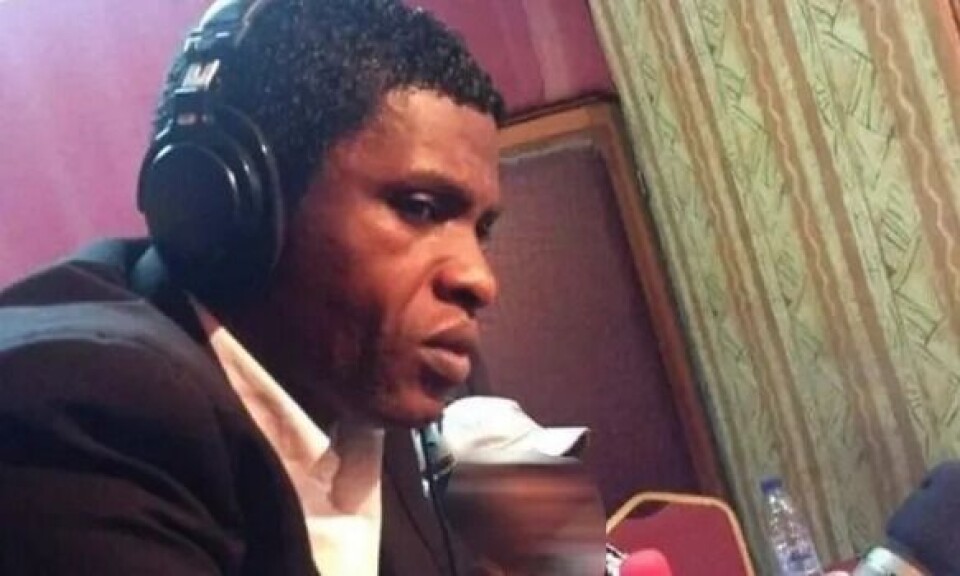The gruesome killing of a journalist critical of the Paul Biya-led administration has once again sparked human rights concerns in the Republic of Cameroon. Fifty-year-old Martinez Zogo, a director of a private-run radio station in Yaounde, was kidnapped on 17 January and was later found dead with his body heavily mutilated.
The circumstances surrounding Zogo’s killing raise suspicions of a murderous attempt to silence a dissenting voice in the Central African country.
Amnesty International and other international human rights organisations asked the Cameroonian government to investigate the journalist’s murder. President Paul Biya, who has been in power for over four decades, called for a combined police and gendarmerie probe into the murder.
"The investigations ... have enabled the arrest of several people whose involvement in this odious crime is strongly suspected," said Minister of State and Presidency, General Secretary Ferdinand Ngoh Ngoh.
However, while the presidency was silent on the personalities arrested, a recent report released by Reporters Without Borders (RSF), an international non-governmental organisation, said over a dozen members of Cameroon's intelligence service had been detained.
The rights group reported that around 20 members of Cameroon’s General Directorate for External Investigations (DGRE), including the agency's head, Maxime Eko Eko, and its special operations director, Justin Danwe, are being questioned.
Citing Danwe’s written confession, RSF ascertained that after Zogo was kidnapped, he was taken to a construction site belonging to Jean-Pierre Belinga, a prominent businessman who is also answering questions.
RSF further revealed that the arrest of the businessman provided links to the justice minister, Laurent Esso. Investigators are now focusing on establishing whether the justice minister may have played a role.
The government is yet to dispute RSF's report.
The military justice system and the Government Commissioner have taken over the case, leading to hope that the suspects will soon be formally charged.
Deputy Director of the International Press Institute, Scott Griffen, described the latest developments as "signs of apparent progress in the investigation into the horrific murder of Zogo". "Cameroonian law enforcement must deliver on this initial progress and ensure that all those involved in this crime – including the masterminds, regardless of their position or prominence – are held to account," he stated.
Data from the Committee to Protect Journalists (CPJ) showed that over 2 000 journalists and media workers have been killed, imprisoned or declared missing in the last three decades. Checks through CPJ’s data set revealed that a significant number of these happened in Africa, including 25 cases in Cameroon.
“Zogo’s brutal death is only the most recent attack on press freedom in Cameroon, which remains one of Africa’s worst jailers of journalists, and where there remains a woeful lack of information on the 2019 death of journalist Samuel Wazizi in government custody," said Angela Quintal, CPJ’s Africa program coordinator.
Africa Legal sent an enquiry to the country's justice ministry but had received no response by the time of publishing.
To join Africa Legal's mailing list please click here

